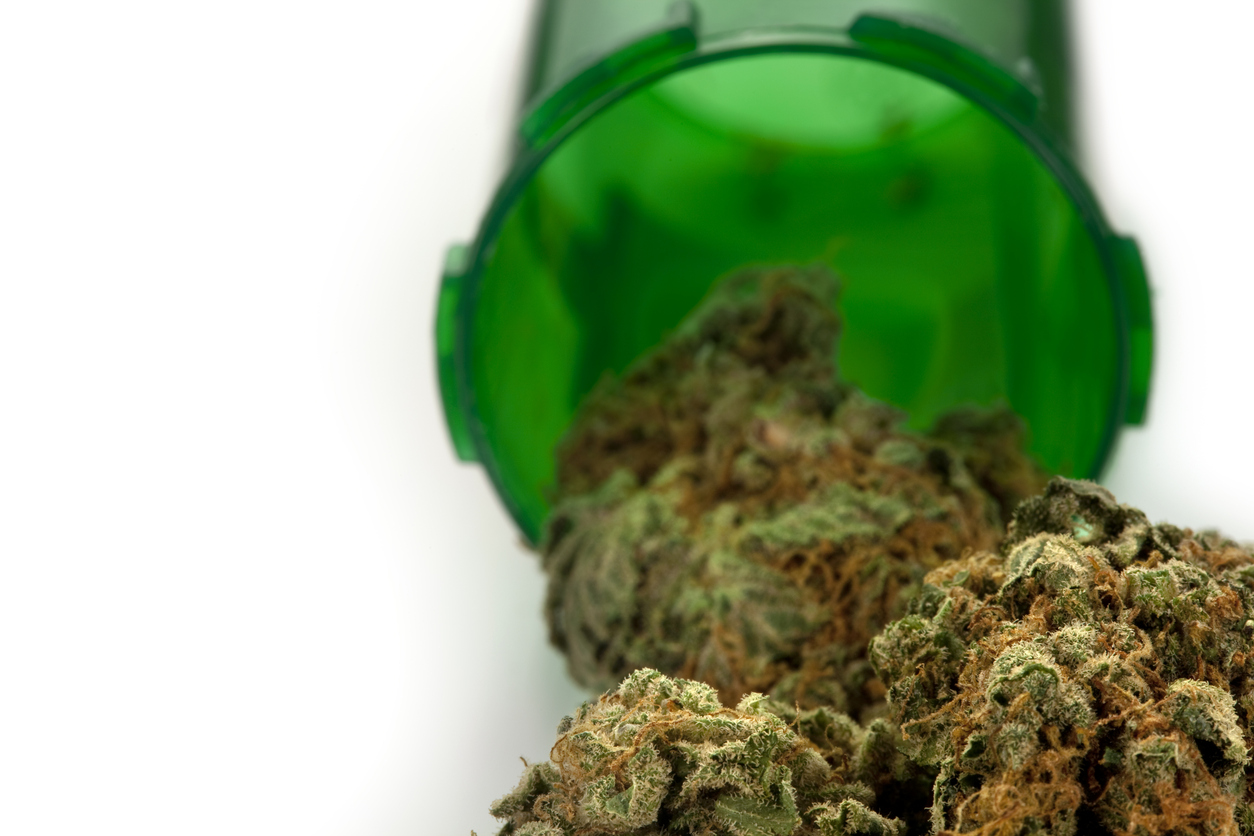by BILL NETTLES || During my over six years as the chief federal law enforcement officer for the state of South Carolina, one of my greatest privileges was the opportunity to work with federal, state and local law enforcement. I consider them among the finest in the world. However, the decision on whether or not to safely provide medical cannabis to South Carolinians who are suffering from disease or chronic pain is an issue best driven by data and research.
Twenty-nine states and the District of Columbia have chosen to exercise their state’s right to allow access to controlled safe medical cannabis. Many of these states are in the south. They arrived at this decision based on data that overwhelmingly supports allowing access to medical cannabis. It also bears mentioning that among the states representing more than half the population of the country, there is not one single movement in any of the states to repeal the measures that are allowing access for individuals who are suffering.
Since these 29 states and the District of Columbia have already implemented medical cannabis programs, South Carolinians have the benefit of the data and research generated by their legislation. These controlled, peer reviewed clinical studies combined with anecdotal evidence, conclusively prove that medical cannabis is helpful with PTSD, an issue that is of particular interest to those who have seen war in the defense of our country. The stories and research of successful management of epilepsy with medical cannabis provide much needed hope to families managing that debilitating medical condition. Almost everyone knows someone whose life has been affected by the pain and suffering caused by cancer.
Medical marijuana is proven to reduce the suffering of those who, through no fault of their own, are forced to deal with the side effects of cancer treatment. The state of West Virginia was facing one of the country’s worst opioid epidemics. The House and the Senate of West Virginia overwhelmingly approved a medical cannabis bill that their newly elected Republican governor signed into law.
[timed-content-server show=”2018-Jan-17 00:00:00″ hide=”2018-May-18 00:00:00″]SPONSORED CONTENT
Chronic pain is a debilitating condition. It strikes those who provide us with manual labor disproportionately. Prescribed opioids relieve pain but often leave the patient with a life and family-wrecking addiction. Opioid overdose is now the number one cause of accidental deaths in the country. By contrast, no one ever has died from an overdose of cannabis, not one single person. Unlike opioids that are routinely legally prescribed by medical professionals every day in this state, there is no evidence that cannabis is physically addictive. Every study on the issue arrives at the same conclusion. States that exercise their right to provide safe, regulated medical cannabis to their citizens see a dramatic drop in deaths attributed to opioid overdose.
States that have exercised their rights to allow individuals the freedom to avail themselves of highly regulated controlled medical cannabis have documented a reduction in the suffering of their citizens for a wide range of illnesses and conditions. They include Alzheimer’s, Parkinson’s, Multiple Sclerosis and Anxiety to name but a few.
Today a majority of the states have enacted legislation that allows their citizens the therapeutic benefits that flow from a controlled regulated medical cannabis program. Given the data that now exists, the issue is no longer whether there are therapeutic benefits to be obtained from a regulated medical cannabis program. Poll after poll shows the overwhelming majority of South Carolinians and citizens of the United States have weighed the benefits of medical cannabis against the few risks and want the individual freedom to include medical cannabis among their available treatment options. Nor is the question whether South Carolina will one day allow the benefits of a therapeutic controlled medical cannabis program. The only question that remains is how many lives will be ruined before our legislation reflects our compassion and intellect on an issue that is no longer novel.
It is past time to exercise our right as a state to provide the option of a safe, controlled, legal and therapeutic medical cannabis program to the citizens of South Carolina.

Bill Nettles is the former United States Attorney for South Carolina, is currently in private practice and is CEO of Palmetto Medical Cannabis, LLC.
***
WANNA SOUND OFF?
Got something you’d like to say in response to one of our stories? Please feel free to submit your own guest column or letter to the editor via-email HERE. Got a tip for us? CLICK HERE. Got a technical question or a glitch to report? CLICK HERE. Want to support what we’re doing? SUBSCRIBE HERE.
Banner: iStock
